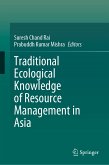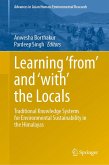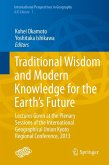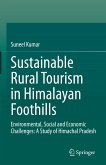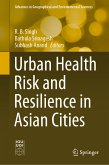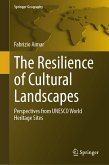Drawing upon insights from local communities and experts deeply rooted in the Himalayan context, this book not only documents traditional agricultural and food systems but also sheds light on the pressing anthropogenic challenges threatening their sustainability. We believe that research and documentation of traditional knowledge practices of the local and indigenous communities are essential for tackling the current and projected global environmental challenges.
This book advocates for a holistic approach to addressing both current and future global environmental challenges. It serves as a timely call to action for researchers, policymakers, and practitioners alike.
The Editors
Dr. Anwesha Borthakur is currently a Landhaus Fellow at the Rachel Carson Center for Environment and Society, Ludwig Maximilian University of Munich, Germany. Soon, she will commence her Humboldt Research Fellowship. She earned her PhD in Science Policy from Jawaharlal Nehru University (JNU), New Delhi, India. Her research focuses on electronic and textile waste governance, traditional ecological knowledge, and public engagement for environmental sustainability.
Dr. Pardeep Singh is an Assistant Professor at the Department of Environmental Studies, PGDAV College, University of Delhi in New Delhi, India. With over 75 research/review papers in international journals in the field of environmental science/studies, he also serves as an editor for more than 40 books published by various publishers, including Springer Nature, Elsevier, CRC Press, and Wiley.
Dieser Download kann aus rechtlichen Gründen nur mit Rechnungsadresse in A, B, BG, CY, CZ, D, DK, EW, E, FIN, F, GR, HR, H, IRL, I, LT, L, LR, M, NL, PL, P, R, S, SLO, SK ausgeliefert werden.



